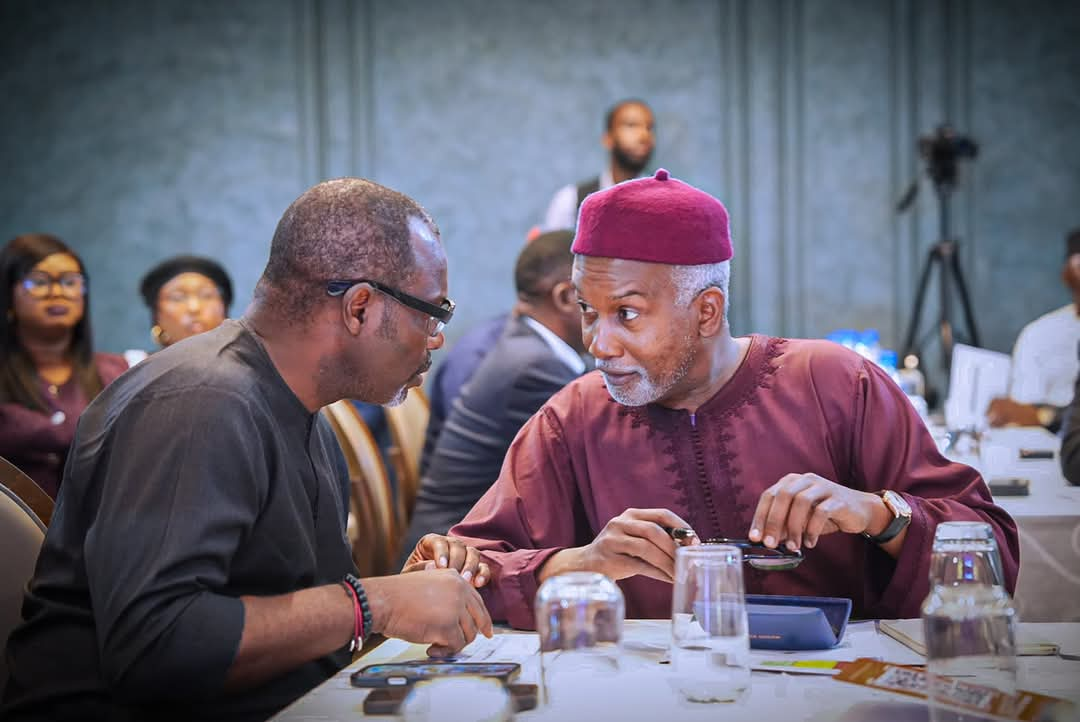As global security challenges persist, stakeholders are pushing for greater inclusion of women in peacebuilding and decision-making processes. At the recently concluded 5th Annual Forum on Nigeria’s 3rd National Action Plan (NAP) on Women, Peace, and Security (WPS), experts and policymakers emphasized the urgent need for policy reforms, gender-sensitive security strategies, and increased investment in women’s leadership.
Historically, women have played vital roles in conflict resolution, mediation, and community stability. From grassroots initiatives to high-level diplomacy, they have proven instrumental in bridging divides and fostering sustainable peace. Yet, despite Nigeria’s commitment to United Nations Security Council Resolution 1325, which acknowledges women’s role in conflict prevention and resolution, their participation in formal peace negotiations remains limited.
Women-led organizations across Africa have been at the forefront of countering violent extremism, promoting community resilience, and advocating for human rights. However, systemic barriers, gender-based violence (GBV), and underrepresentation in security institutions continue to hinder progress.
At the forum, Comrade Bassey Ita Ikpang, Chairperson of the Nigeria Association of Women Journalists (NAWOJ) FCT Chapter, underscored the media’s role in amplifying the voices of women peacebuilders and holding leaders accountable. She called for stronger collaboration between the media, civil society, and policymakers to dismantle barriers preventing women’s full participation in peace and security efforts.
“The media plays a crucial role in promoting peace by influencing public opinion, holding leaders accountable, and providing a platform for marginalized voices,” Ikpang stated. “We must amplify the narratives of women peacebuilders, promote informed decision-making, and counter divisive rhetoric to foster stability and justice.”
With Nigeria facing evolving security threats, experts stress that a gender-inclusive approach is essential for sustainable peace. As discussions from the forum translate into actionable policies, stakeholders remain committed to ensuring women are not just participants but leaders in shaping Nigeria’s security landscape.


